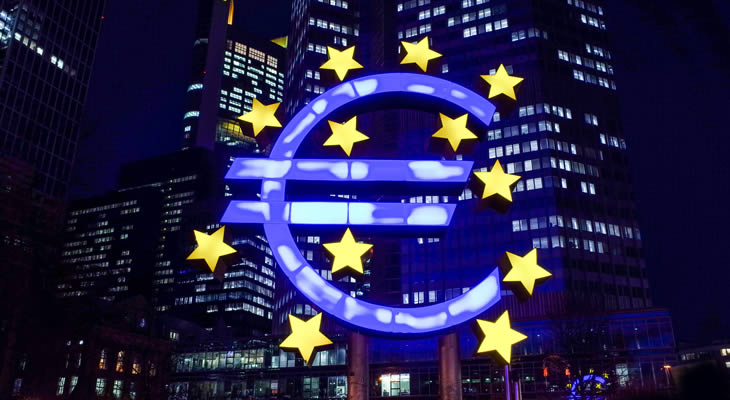Last week saw The Netherlands hold its 2017 general election, and the result was enough to help boost the Euro to US Dollar exchange rate to its best levels in over a month – 1.07.
Euro traders had been worried that the ‘wave of populism’ that began with the Brexit and Trump victories in 2016 would continue in the Eurozone and lead to a win for anti-EU candidate Geert Wilders and his Party for Freedom (PVV).
However, Wilders came in a distant second in the election, winning 20 seats. Dutch Prime Minister Mark Rutte’s ‘People’s Party for Freedom and Democracy’ (VVD) won a strong 33 seats and took charge of discussions to form a new coalition government.
Coalition talks are set to take months, but analysts and politicians generally believe it is unlikely that Wilders’ PVV party will be part of the talks as most other parties have come out against working with him.
Wilders had made controversial populist promises on the campaign trail, such as intending to remove The Netherlands from the Eurozone and taking strict anti-Islam measures. Removing a key nation like The Netherlands from the Euro is perceived as being the biggest risk to the shared currency’s future.
In late 2016 and early 2017, Wilders performed very well in opinion polls. Analysts believe this was due to a wave of populist excitement following November 2016’s Trump win.
However, since then his polling numbers trailed and his defeat has left some analysts predicting that there is now less risk of rising populism in other key Eurozone nations too.
The big event up next is the 2017 French election. In recent months, the increasing popularity of anti-EU French Presidential candidate Marine Le Pen and her National Front (FN) party has caused notable Euro jitters.
The first round of the election will be held on the 23rd of April. In France, elections go into a second round face-off if no Presidential candidate wins a notable majority.
While bets of a Le Pen win dropped slightly after Wilders’ defeat in The Netherlands, her popularity in the first round of the French election is still notable and is likely to see her facing off one-on-one against centrist candidate Emmanuel Macron in the second round.
Le Pen is currently poised to win the first round with a slim margin and go up against second place candidate Macron in the final round.
As supporters of other candidates such as Macron, François Fillon and Benoit Hamon are perceived as likely to vote against Le Pen, the second round is predicted to be a decisive win for Macron.
If Macron’s polling numbers stay strong, the Euro could continue rising against the US Dollar.
Eurozone economic factors remain solid. The European Central Bank (ECB) recently stated that deflation risks had faded and growth was strong and on track.
This has left populism concerns as the primary downside risk in Euro trade in 2017 and means the Euro has significant mid to long-term upside potential in the event Le Pen is defeated in the French election.
The US Dollar remains a force to be reckoned with however. The Federal Reserve is on a gradual pace of US interest rate hikes and if data continues indicating a strong US economy in the coming months, the Euro may have a tough time capitalising on any potential political gains.
At the time of writing, the Euro to US Dollar exchange rate trended in the region of 1.07. The US Dollar to Euro exchange rate traded at around 0.92.


Comments are closed.